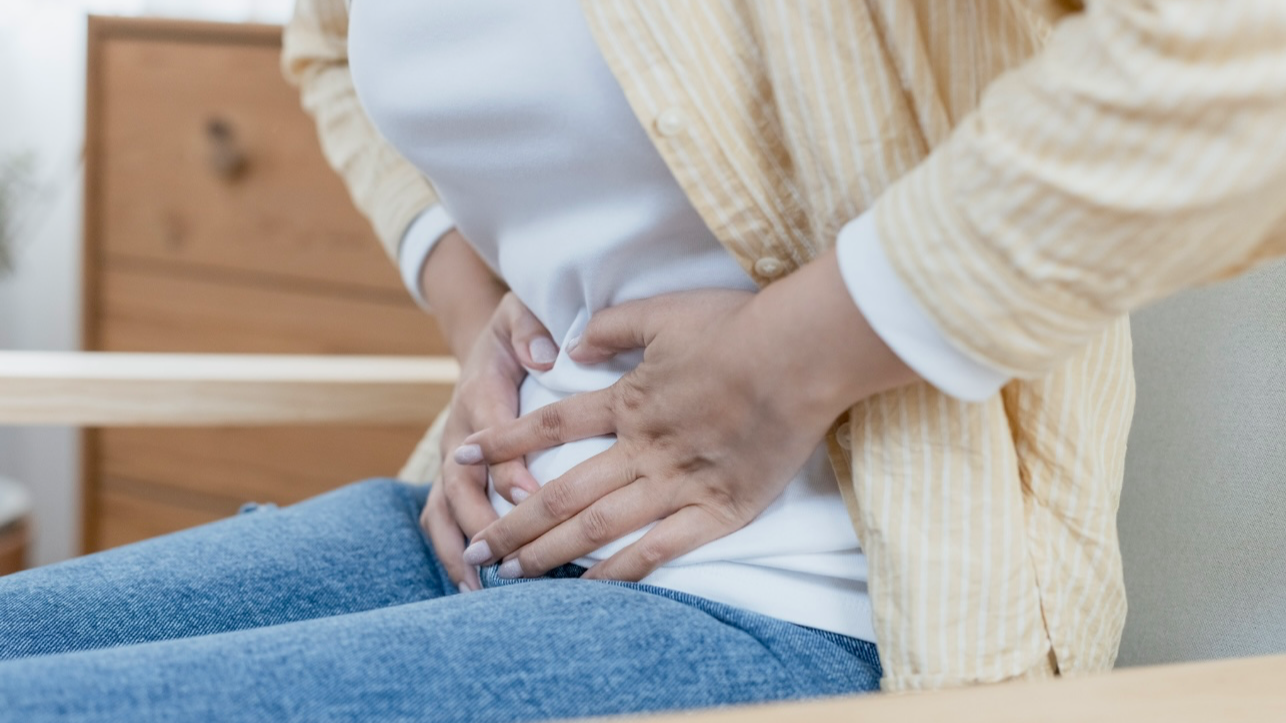Endometriosis and Fertility: Why It’s Not the End of the Road
If you’ve been diagnosed with endometriosis, you’ve likely heard the word “infertility” whispered in the same breath. And while it’s true that endo can affect your chances of conceiving, the idea that it automatically means you’ll never have children? That’s outdated, oversimplified, and flat-out wrong.
Endometriosis affects around 1 in 10 women, and while fertility challenges are common, they are not absolute. Many women with endo get pregnant — naturally or with help — and go on to have healthy pregnancies.
Let’s clear the air, bust some myths, and map out your real options.
What Is Endometriosis, Really?
Endometriosis is a chronic condition where tissue similar to the uterine lining grows outside the uterus — often on the ovaries, fallopian tubes, bladder, bowel, or pelvic walls.
These patches respond to your monthly cycle, bleeding and inflaming nearby tissue. That leads to:
• Chronic pain
• Inflammation
• Scar tissue (adhesions)
• Ovarian cysts (endometriomas)
• Fertility interference
The exact cause isn’t fully known, but genetics, immune dysfunction, and hormonal imbalances are likely players.
How Does Endo Affect Fertility?
Endometriosis can interfere with conception in several ways:
1. Distorted anatomy — scar tissue can block fallopian tubes or trap the egg
2. Inflamed pelvic environment — reduces egg and sperm quality
3. Hormonal disruption — affects ovulation and luteal phase function
4. Lower implantation success — inflamed uterine lining may resist embryo attachment
5. Decreased ovarian reserve — especially with endometriomas on the ovaries
But here’s the truth: not all women with endometriosis struggle to get pregnant. And for those who do — there are options.
Signs You Might Have Endometriosis (Even If Undiagnosed)
Some women don’t know they have endo until they start trying to conceive. Watch for:
• Painful, heavy periods
• Pain during sex
• GI issues (bloating, constipation, diarrhea)
• Fatigue, especially around your cycle
• Painful ovulation
• Difficulty conceiving after 6–12 months of trying
If these symptoms sound familiar, it’s time to speak with a specialist — preferably a reproductive endocrinologist or excision surgeon.
Fertility Options with Endometriosis
Let’s break it down based on your timeline and health status:
1. Trying Naturally (When Endo Is Mild or Well-Managed)
Some women with stage 1–2 endo can conceive naturally with:
• Ovulation tracking (basal body temp, LH strips)
• Timed intercourse
• Anti-inflammatory diet & lifestyle
• Acupuncture and stress reduction
Give it 6–12 months, depending on your age — then seek support.
2. Surgical Intervention (Excision vs Ablation)
Excision surgery removes endo tissue at the root and is linked with improved fertility outcomes.
Ablation (burning it off) is less thorough and may not relieve symptoms or restore fertility.
Surgery can:
• Clear blocked tubes
• Remove adhesions
• Restore ovarian positioning
It’s especially helpful if you have moderate to severe endo or failed to conceive after a year.
3. Ovulation Support
Your doctor might prescribe Clomid or Letrozole to encourage ovulation, especially if cycles are irregular.
4. IUI (Intrauterine Insemination)
Best for women with mild endo and open fallopian tubes. Success rates are modest but worth trying before IVF in some cases.
5. IVF (In Vitro Fertilization)
IVF bypasses many of the roadblocks created by endo. It’s especially recommended when:
• Surgery hasn’t worked
• Tubes are blocked
• Ovarian reserve is low
• Time is a factor (especially after age 35)
Pre-IVF treatment with Lupron or GnRH agonists can temporarily suppress endo to improve outcomes.
What About Egg Freezing?
If you’re not ready to conceive now but want options later, freezing your eggs early — especially before endometriosis progresses — may be a smart move.
Talk to a fertility specialist about your current AMH and antral follicle count to assess timing.
Lifestyle Support: It Matters (But It’s Not a Cure)
While lifestyle alone won’t “fix” endo, it can make your body more fertility-friendly.
Try:
• Anti-inflammatory diet — think leafy greens, salmon, turmeric, berries, and healthy fats
• Supplements — Omega-3s, NAC, CoQ10, magnesium, and Vitamin D
• Stress management — yoga, meditation, breathwork, therapy
• Sleep — 7–9 hours supports hormone balance and immune function
• Gentle movement — walking, swimming, or Pilates to ease pain and promote circulation
Emotional Reality: Let’s Talk About It
Trying to conceive with endometriosis can feel like:
• An invisible war with your own body
• Guilt, shame, or jealousy around pregnancy
• Fear of pain, surgery, or another negative test
• Burnout from managing appointments, meds, and emotions
You are not alone. And your grief is not selfish.
Find community — whether through online support groups, endo awareness circles, or a trusted therapist who gets it.
Final Thoughts
Endometriosis can complicate fertility — but it doesn’t have to define your outcome.
There are treatments. There is hope. And there are so many women who’ve walked this path ahead of you — with scars, yes, but also with strength.
Whatever your family-building path looks like, know this:
You are not broken. You are powerful. And you have options.










